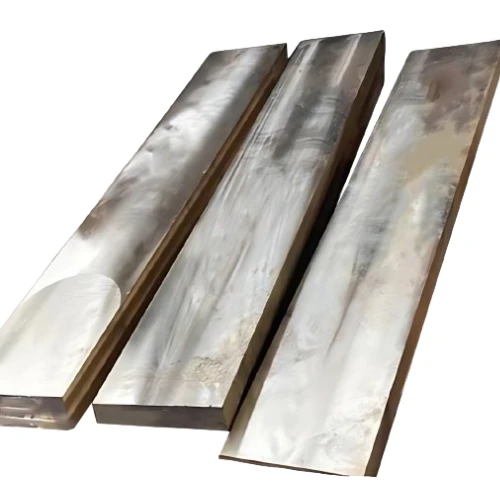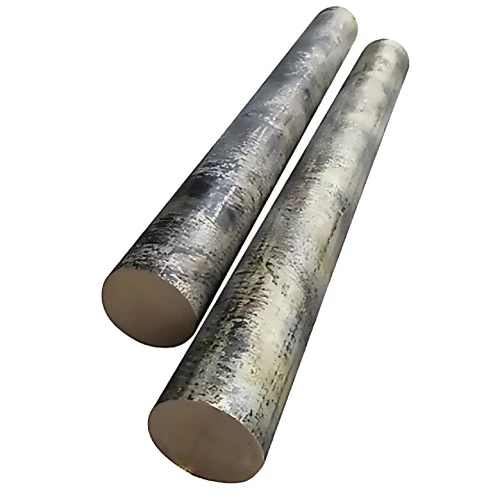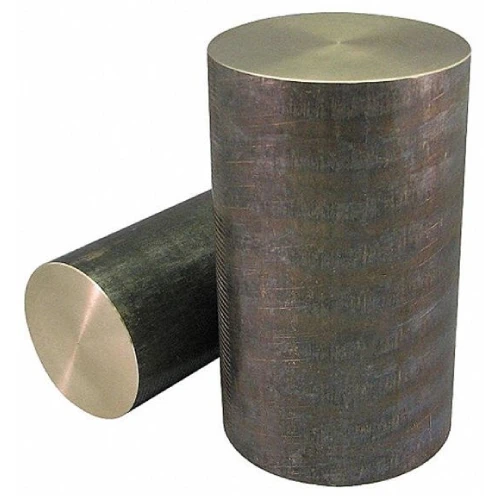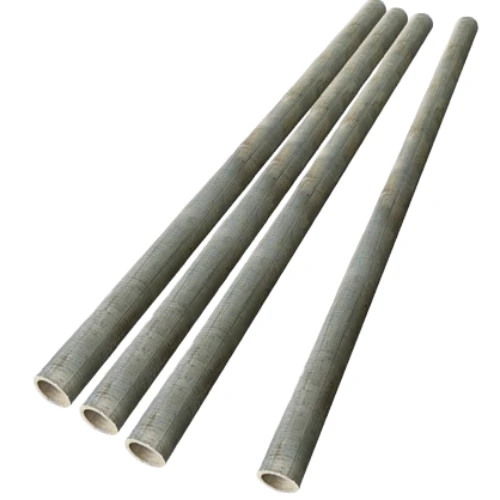C84400 is a copper alloy belonging to the leaded semi-red brass family. It's known for its good balance
of machinability, castability, and reasonable cost. The presence of lead significantly improves
machinability, making it suitable for applications requiring intricate shapes. Here's a breakdown of its
key characteristics:
Table: Key Properties of C84400
| Property |
Description |
| Chemical Composition |
- Primarily Copper (Cu): Balance <br> - Lead (Pb): Up to 2% <br> - Tin (Sn): 1-3%
<br> - Zinc (Zn): Up to 7% <br> - Other (Fe, etc.): Trace amounts
|
| Mechanical Properties |
- Good machinability due to lead content <br> - Good castability <br> - Fair
strength and corrosion resistance
|
| Common Brands (By Country) |
- Europe: CuSn2Pb2Zn [Europe] <br> - US: Leaded Semi-Red Brass, Concast
|
Important Note: The presence of lead can vary. Some lead-free variants exist. Always check
the specific datasheet for the material you're considering.
Common Questions and Answers:
What are the typical applications of C84400?
C84400 finds use in various industries due to its well-rounded properties:
Hardware: Door knobs, hinges, and other hardware can benefit from C84400's
machinability and castability.
Valves and fittings: C84400 can be used for some valves and fittings in applications with
moderate pressure and temperatures.
Electrical components: Certain electrical components can utilize C84400 for its
machinability and fair conductivity.
Ornamental castings: Due to its castability and reddish hue, C84400 can be used for
decorative castings (depending on the application's specific requirements).
How does C84400 compare to other copper alloys?
C84400 offers some advantages:
Good balance of properties: It provides a balance between machinability, castability, cost,
and some level of strength.
Versatility: C84400 can be used in various applications due to its combination of
properties.
However, there are also limitations:
Fair strength and corrosion resistance: C84400 is not ideal for applications requiring high
strength or exposure to harsh environments.
Lead content: While the lead content is lower compared to some other leaded brasses,
regulations might still restrict its use in some areas.
Are there lead-free alternatives to C84400?
Lead-free alternatives can be considered depending on the specific application requirements. Here are some
options:
C23000 (Red Brass): Offers similar properties but without lead. However, machinability
might be slightly lower.
C87300 (Silicon Bronze): While not a direct replacement aesthetically, it offers good
machinability, castability, and excellent corrosion resistance without lead.
Important Note: Always consult with a material engineer or supplier to identify the most
suitable copper alloy for your specific application considering factors like machinability, castability,
strength, corrosion resistance, lead content (regulations), and cost.



